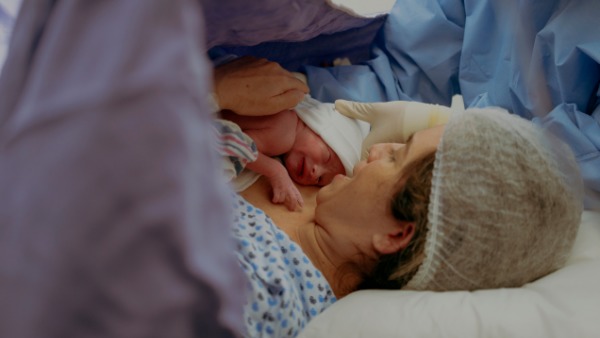In early March 2020, Slovakia reported the first cases of COVID-19. The response of the Slovak government was a rapid one. On 12 March 2020, the government declared a state of an extraordinary situation. On 15 March 2020 the government declared a state of emergency. These decisions, combined with numerous measures adopted by the government and various other institutions jointly led to a strict lockdown and all planned medical procedures were postponed in all hospitals. By 13 June 2020, the day until which the state of emergency officially lasted, Slovakia had only had 1545 cases of persons who had tested positive for COVID-19. Out of them, only a few had been hospitalized.
The measures and other steps that were undertaken in Slovakia during the pandemic (not necessarily with a clear and existing legal basis and not necessarily meeting the legal requirements of necessity and proportionality) had numerous negative impacts on various groups.
During the first months of the pandemic, several healthcare providers canceled or reduced the number of routine prenatal check-ups (recommended by the healthcare system and covered by health insurance). This concerned CTG monitoring, testing for gestational diabetes, foetal screening, and regular check-ups concerning the hematology treatment or high-risk pregnancy.









